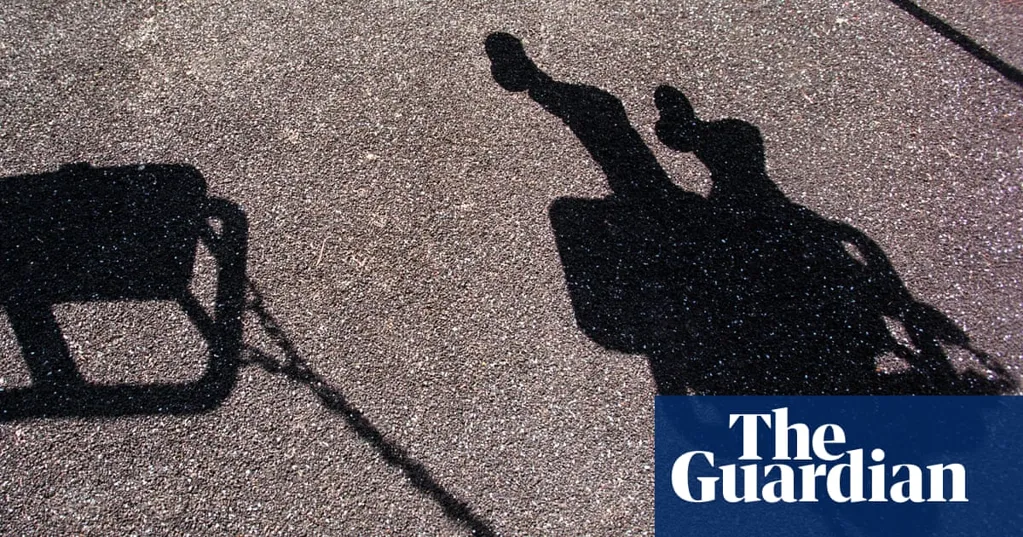Rachel Reeves will announce £500m for charities and civil society organisations to invest in youth services on Monday as the government seeks to combat accusations it is not doing enough to tackle child poverty.
The chancellor will launch a new "better futures fund", which will give money to schemes helping children struggling with mental health difficulties, school exclusion or crime, with the hope of attracting an additional £500m from local government and other organisations.
The move comes amid tensions between ministers and Labour backbenchers over whether the government should remove the two-child benefit cap, at an estimated cost of more than £3.5bn a year.
Reeves said: "I got into politics to help children facing the toughest challenges. This fund will give hundreds of thousands of children, young people and their families a better chance. For too long, these children have been overlooked."
Lisa Nandy, the culture, media and sport secretary, said: "We're bringing together government, local authorities, charities, social enterprises and philanthropists to create a powerful alliance that will transform the lives of vulnerable children and young people.
"We owe them the best start in life. Together we will break down barriers to opportunity, ensuring those who need support most aren't left behind and have the chance to reach their potential."
Reeves will announce the new fund on Monday during a visit to a school in Nandy's Wigan constituency. The money renews and expands a previous scheme launched by the Conservatives and known as the "life chances fund", which was only given £70m.
The money will be invested in the form of social impact bonds - a type of financing in which private sector organisations invest in a particular service, and then recoup their money from the government if certain targets are met.
A pilot scheme to reduce reoffending in Peterborough, Cambridgeshire, in 2017 repaid investors at a rate of 3% a year after the project cut reoffending rates by 9%. Unlike other government contracts, the schemes' providers are allowed room to experiment with how they achieve the given objectives, but only receive a return if it works.
Officials said the life chances fund had helped pay for many successful schemes, including funding for the children's charity AllChild to help deal with the pupil absenteeism crisis by putting workers in schools to help children with mental health problems. The government said more than half of those who had been part of the project had moved out of persistent absenteeism.
The former prime minister Gordon Brown urged the government last year to invest £1bn in social impact bonds for youth services. He said the new investment would "improve children's services - from delivering new sure starts to increasing youth zones - and will complement the child poverty review as it prepares to recommend measures to tackle the root causes of child poverty across the UK".
Reeves is under pressure to use the continuing child poverty review to lift the two-child benefit cap, which many Labour MPs have publicly called for to be scrapped.
Keir Starmer is understood to want to end the cap, which was imposed by the Conservatives. Doing so, however, would cost an estimated £3.6bn by the end of the parliament - money that Reeves will struggle to find given she also has to allocate funding for winter fuel payments and disability benefits after U-turns on changes to those policies.
